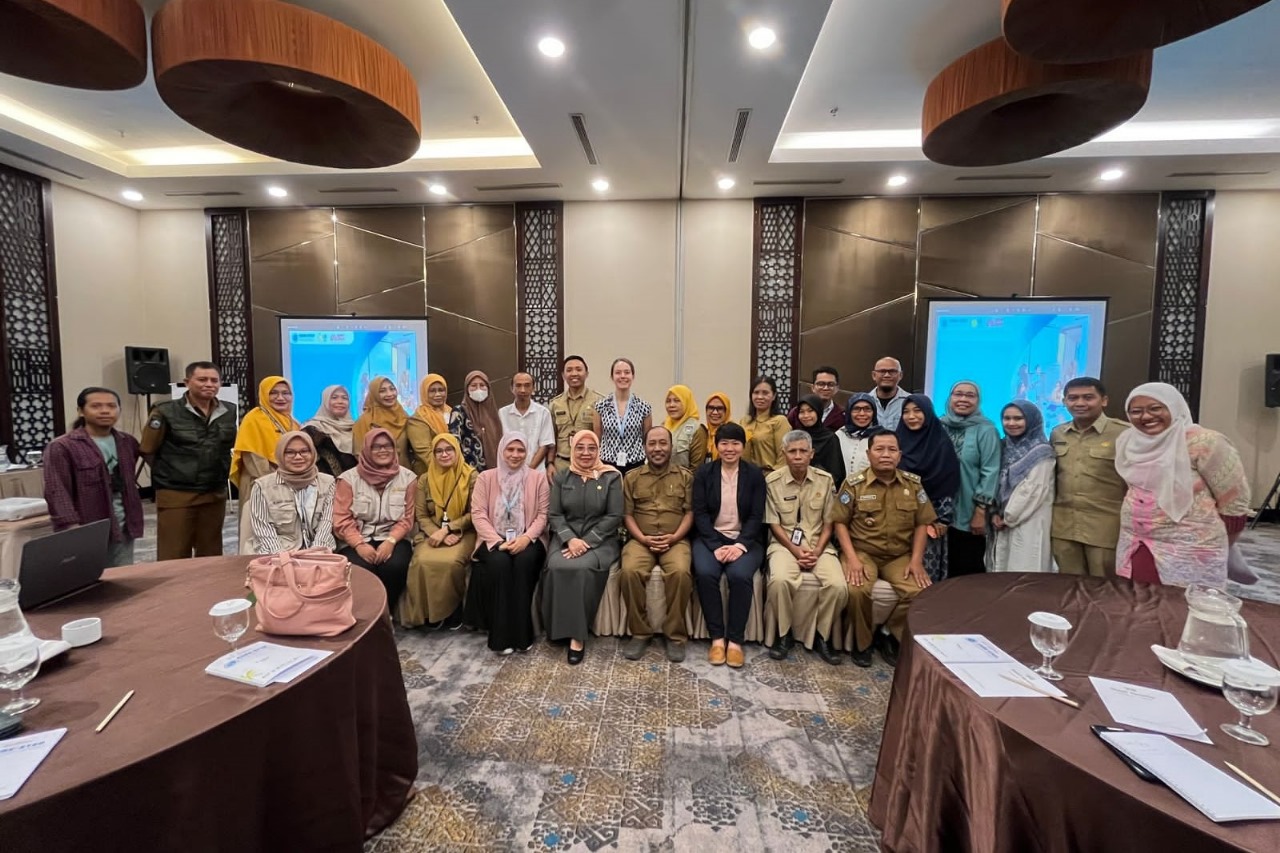The Vulnerability, the Capacity, and the Needs of Mataram City Health Centers in Facing Climate Change were Examined in an FGD

Mataram, the University of Mataram– After launching the “Core-Step” project on 2nd of October 2023 at the University of Mataram (Unram), Syiah Kuala University and Griffith University together with Unram held a Focus Group Discussion (FGD) which took place at the Santika Hotel, Mataram on Tuesday (3/10).
A total of 30 FGD participants from Stakeholders, Health Service Providers, and NGOs/Mataram City Community jointly identified the vulnerabilities, capacities and needs of Community Health Centers in facing climate change.
This FGD event was opened directly by the Head of the Mataram City Health Service, represented by the Head of P2P, Shauhib.
“Climate change is not only an issue that is affecting Indonesia, but is also affecting almost all corners of the world. Currently, in Mataram City itself the weather is the hottest in the last few weeks. In fact, if we look at the news, there have been many cases of disease that have occurred, ranging from dehydration, heatstroke, and many other effects. “Therefore, the aim of this research is how to prepare community health centers as leading health service facilities, which deal with health problems,” said Shauhib in his speech.
In this FGD activity, the participants were divided into 3 categories, namely Stakeholders, Health Service Providers, and Community. Each group discussed together discussing the key questions that had been formulated by the research team to identify the vulnerability, the capacity and the needs of Community Health Centers in facing the impacts of climate change.
Apart from the FGD participants, several Unram Medical Faculty students also had the opportunity to attend and see firsthand how one of the qualitative research data collection processes can be carried out.
“Previously, we would like to say a big thank you to all the research teams and to all parties who have given us the opportunity to participate in watching and observing the data collection process carried out using the FGD method,” said Dita Kholida Nurlalwani, one of the students of Faculty of Medicine.
For her, this was a very new experience, being able to see one of the research methods using FGD because undergraduate students are usually exposed to quantitative research but very rarely to qualitative research.
“It turns out that carrying out FGDs can be that exciting, seeing from various perspectives and various groups from various levels of society discussing related topics,” continued Dita.
